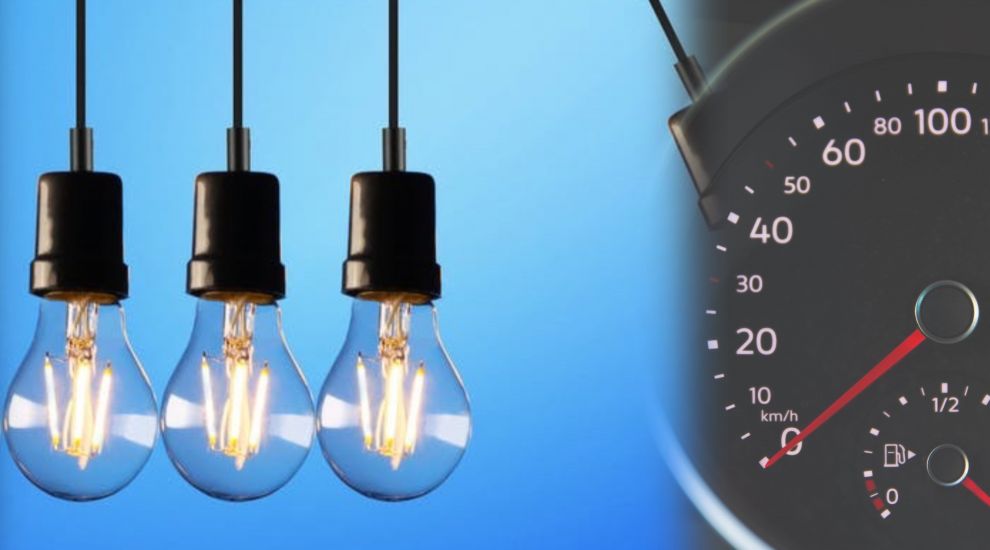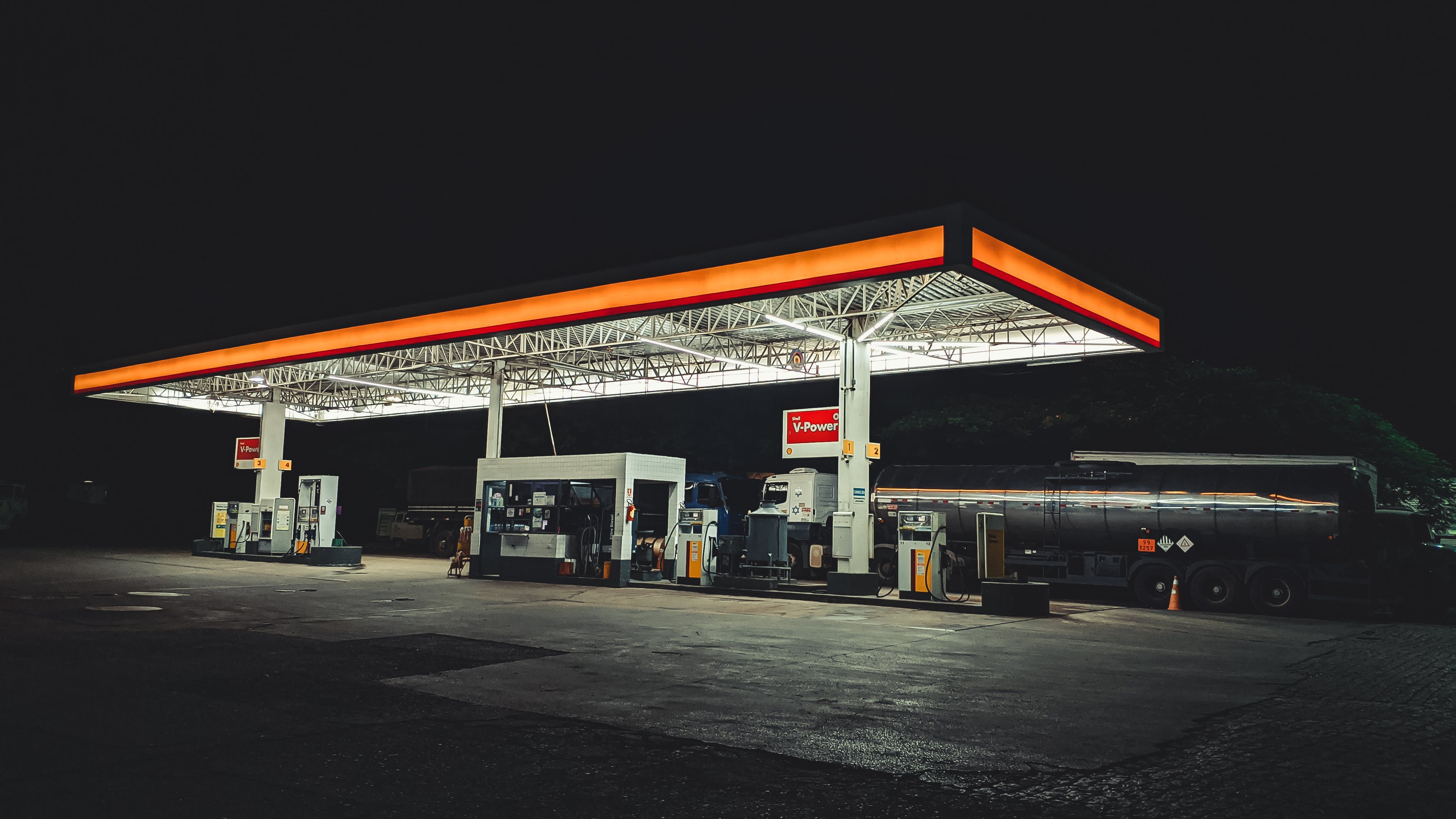


While the Infrastructure Minister has argued that green transport plans are progressing "too fast", Jersey Electricity thinks that the island can "do more and faster" to progress towards carbon neutrality.
Grilled by politicians tasked with assessing his department's Carbon Neutral Roadmap last week, Deputy Kevin Lewis said he did not think Jersey was "anywhere near ready" when it came to electrification of transport as a way of achieving the island's net-zero emissions goal.
The ambition had previously been to reach net neutrality by 2030, but the Roadmap revises this target to 2050.
However, in a written submission to the Environment, Housing and Infrastructure Panel for their Carbon Neutral Roadmap Review, Jersey Electricity took a very different view of the pace of change.
Writing on behalf of the company, Director of Commercial Services Peter Cadiou states that although JEC understands the Government's "decision not to commit to carbon neutrality by 2030”, it supports an “even earlier target than 2050”.
"Net-zero by 2050 is simply in line with most other countries and these countries are, in any case, unlikely to want to do business with Jersey, in any meaningful way, without seeing that minimum level of commitment," Mr Cadiou said.
He further noted that electricity in Jersey is “already virtually completely decarbonised” due to a large amount of low-carbon nuclear and hydro power being imported from the European grid.
Heating, cooking and road transport, which together make up “70% of Jersey’s total carbon emissions”, are targeted as areas where low-carbon electric solutions can be facilitated.

Pictured: Heating, cooking and road transport contribute to 70% of CO2 emissions in Jersey.
"Many of these technologies when coupled with energy efficiency are readily available today – with Jersey’s challenge largely being one of incentivisation (and dis-incentivisation) and delivery," he continued.
"We are therefore supportive of the policy proposals that encourage this, for example, EV subsidies, grant support for EV charging infrastructure, vehicle scrappage support, an end to petrol and diesel vehicle imports and installation of new fossil fuel boilers, home energy certificates, grants to aid energy conservation and fuel switches."
Elsewhere in the submission, he explains that JEC supports the creation of an Energy Minister, as well as a 'Decarbonisation Unit' and 'Carbon Neutral Alliance'.
Jonathan Best, Director of fuel company ATF, also made a submission to the panel.
“We support the overall aims of the carbon neutral roadmap,” he wrote, but added that ATF was “disappointed” that its proposal to introduce a minimum level of renewable fuels sold in Jersey was not included in the Carbon Neutral Roadmap.
Mr Best says ATF wants to see distributors required to sell fuels with a 'bio' element of 10% ethanol in petrol or 7% fatty acid methyl esters (known as FAME) in diesel.
The resulting fuels are called E10 and B7, respectively.
“The main benefit of these fuels is that they reduce overall levels of CO2 emissions. By blending the fuel, less fossil fuel is required, helping protect the environment and meeting climate change targets," Mr Best explains.

Pictured: ATF campaigned to bring mandated minimum sales of E10 and B7 fuels to Jersey, which are lower in carbon than their non-diluted counterparts.
A quote from the UK government is included in his letter: “The introduction of E10 petrol at UK forecourts could cut transport CO2 emissions by 750,000 tonnes a year - the equivalent of taking 350,000 cars off the road.”
“When applied to Jersey, we believe this would equate to 6,841 cars," Mr Best added.
Express recently spoke to Steve Skelton, the Government's Group Director, Strategy and Innovation, about the Carbon Neutral Roadmap for the Bailiwick Podcast...
Green transport plans "going too fast", says Minister in charge
“Banning new hybrid cars will add more carbon, not remove it”
Wanted: Extra £250m to achieve 2030 carbon neutral goal
Jersey way off carbon reduction target set seven years ago
Government aims to push back carbon target to 2050
FOCUS: Which Climate Assembly recommendations is Gov backing?
New strategy "dereliction of duty", says climate emergency politician
Electric car and heating subsidies on road to carbon neutrality
Comments
Comments on this story express the views of the commentator only, not Bailiwick Publishing. We are unable to guarantee the accuracy of any of those comments.